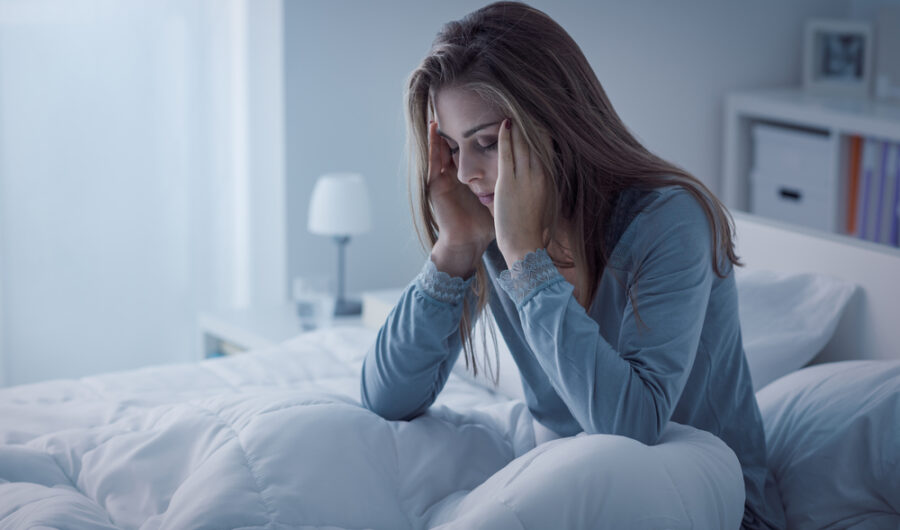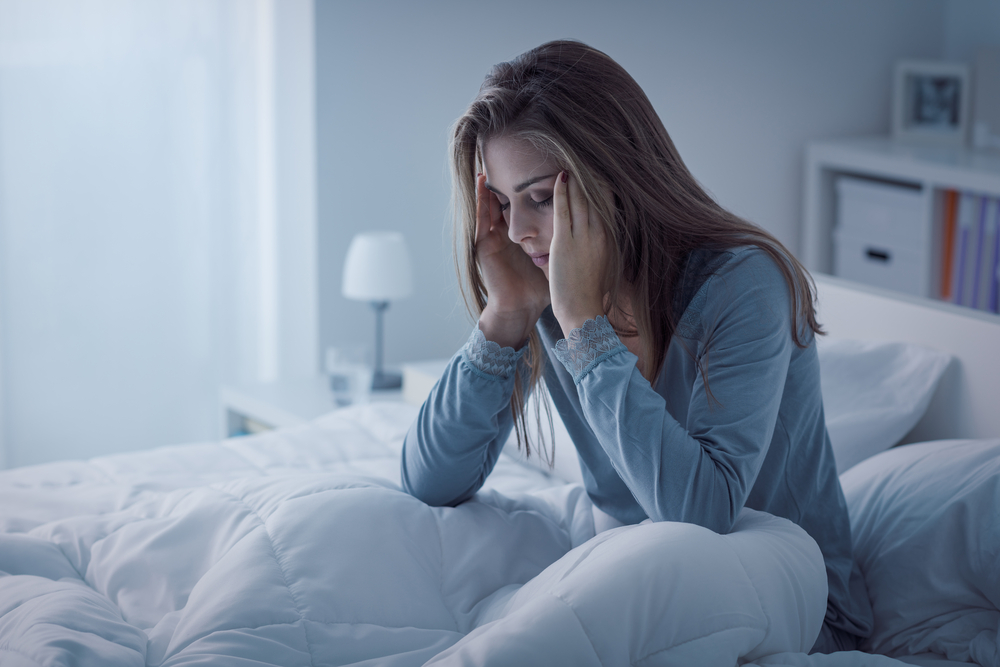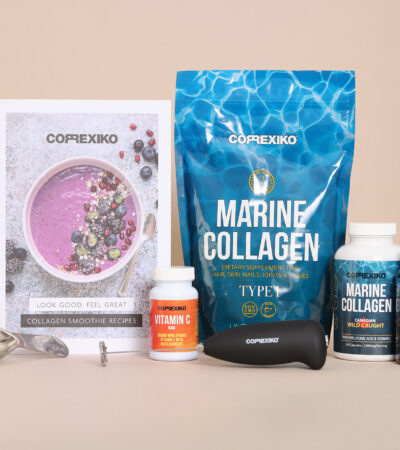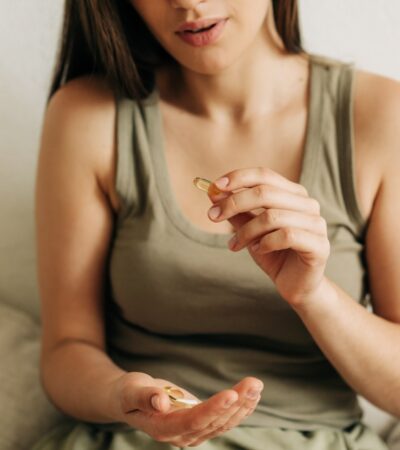From the age of about 12, women will experience periods until they hit menopause. Menopause usually starts between the ages of 45 to 50, but it is difficult to predict for each individual accurately. While you will most likely have your period coming along monthly, some situations can disrupt this flow. Some medications, for example, can prevent you from having a period for a short time. In general, however, from 12 to 40s or 50s are the years when women will likely experience a period. Sometimes, a period can be particularly painful for you, and you may feel stuck with what to do to ease the discomfort and pain. If you are awaiting your next cycle, here are a few things worth preparing to help treat painful period symptoms.
Be Stocked Up On Essentials
Aside from your favourite treats to help you through your cycle, ensure that you are stocked up on all other essentials. This could be having enough sanitary products and pain medication to use when your cycle finally begins. Period cycles are uncomfortable, and the changing mood swings can be overwhelming. As such, having everything you need ready and stocked up can prevent you from going out of your way to getting all the essentials you need to treat the pain. Instead, you can focus on yourself and see the cycle through.
There are products, such as heat patches and menthol patches, that claim to help with relieving period symptoms. These could be worth trying if you experience painful symptoms in the lead-up to your cycle. You might find a new favourite product to use when your next cycle begins.
Monitor The Pain
One thing that many women will experience with their periods is the pain from cramps. In the week or days leading up to the first day of their cycle, the cramps they experience can be debilitating. However, the pain intensity levels from the cramps can sometimes be more than a warning sign that their next cycle is about to begin. It could also be an indication that a person has endometriosis.
Spend time learning more about endometriosis and the treatments that are available.
Unfortunately, for many women who have endometriosis, it can take a significantly long time before they are diagnosed. This means they will have to experience numerous painful period cycles that can sometimes leave them unable to be as productive as usual. Some have to take time off work or school because the pain is unbearable.
Try To Stay Hydrated
Staying hydrated is a goal many of us aim to achieve but often fall short of. The recommended six to eight glasses (or cups) of water a day helps people to have a balanced diet. Drinking the recommended amount of water a day does come with its benefits, other than having a balanced diet. It can reportedly help improve your memory, mood, and exercise performance. However, what are the benefits of drinking plenty of water and staying hydrated when your monthly cycle is due to begin?
If you drink plenty of water during your cycle and the days leading up to the start, it can help to reduce bloating. Bloating is one of the many symptoms experienced when a cycle begins or is about to begin. Additionally, ensuring that you consume enough water can help with preventing breakouts.
Track Your Cycle
If you haven’t already started tracking your cycle, consider starting for your next one. Tracking your cycle can prepare you for when to anticipate the symptoms to start. When you have an idea of when they will likely start, you can put plans in place to keep the pain to a minimum as much as possible. There are plenty of tracking apps available that allow you to track your symptoms and when you are on your cycle. The more information you provide them, it helps to improve their predictions for when your next cycle is anticipated to begin.
Whether your periods are regular or irregular, having a rough timeline for when your cycle will begin and when to expect symptoms to start will be a tremendous help. It means you can be more prepared to tackle the painful period symptoms and ensure you have all the supplies you need to help you through the cycle.
The Bottom Line
As mentioned, a woman will experience periods until they hit menopause. Until then, they will have to go through countless cycles and treat the pains and discomfort periods can bring. Implementing some of the abovementioned strategies could help treat painful symptoms and prepare you for your next cycle. Additionally, if you feel your period pains are far more painful than usual, speak with your GP about the intensified symptoms you are experiencing. It could be a sign of endometriosis, and they can offer guidance on what steps to take to help alleviate the pain leading up to the cycle.
Putting plans in place to help you for your next cycle will be warmly welcomed. Whilst it is likely that your next cycle will be uncomfortable, being prepared means you can handle any symptoms immediately.















